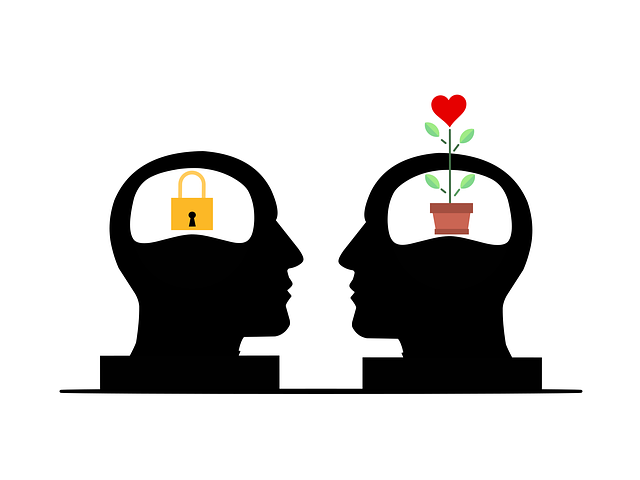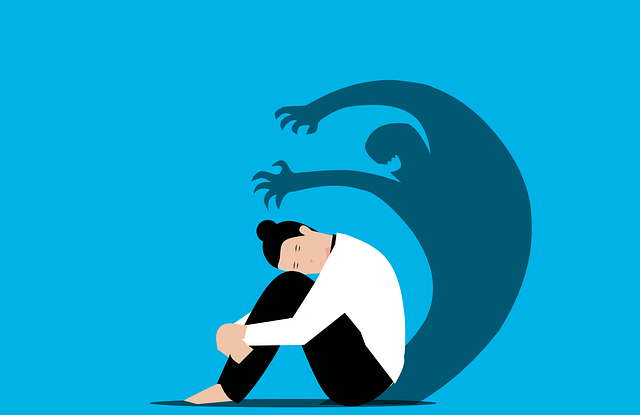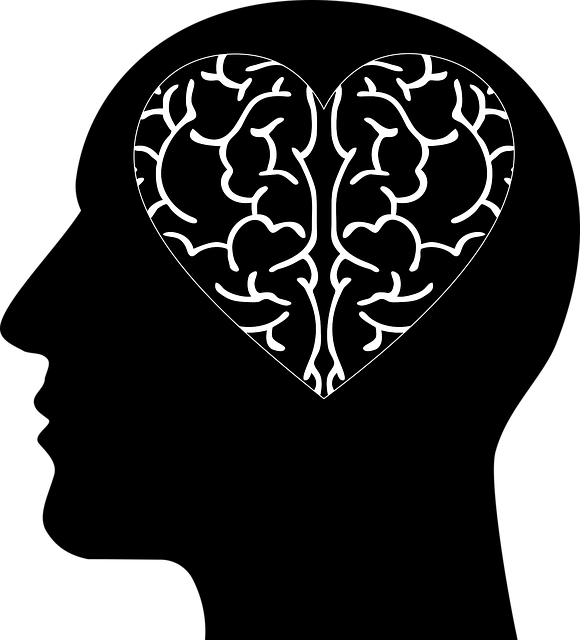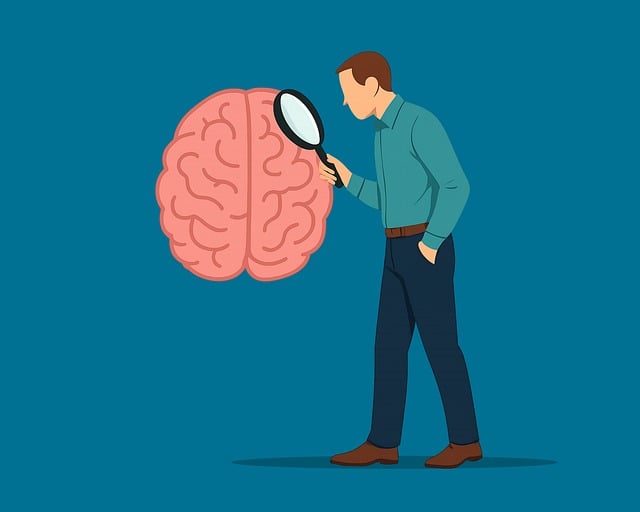Evaluating the impact of therapy for adults focused on stress management involves a multi-faceted approach combining standardized tools, observational studies, and physiological assessments. Long-term sustainability is gauged through follow-up evaluations. Integrating these findings into Mental Health Policy Analysis and Advocacy improves program design and access. Enhancing mental health education with evidence-based techniques builds resilient communities. Continuous participant feedback and innovation ensure therapy for adults remains tailored, effective, and relevant over time, ultimately leading to better outcomes.
Mental wellness programs are essential for promoting overall well-being, particularly in managing adult stress. This article explores effective evaluation methods to assess the impact of therapy for adults’ stress management. We delve into various tools and techniques for measuring program effectiveness, emphasizing continuous improvement through feedback integration. By examining these strategies, organizations can enhance their wellness initiatives, ensuring tailored support for individuals seeking stress relief and mental health promotion.
- Assessing the Impact of Therapy for Adult Stress Management
- Measuring Program Effectiveness: Tools and Techniques
- Continuous Improvement: Using Feedback to Enhance Wellness Programs
Assessing the Impact of Therapy for Adult Stress Management

Evaluating the impact of therapy for adult stress management is a multifaceted process that goes beyond simple self-reporting. Mental health professionals and researchers employ various methods to measure the efficacy of therapeutic interventions, including standardized questionnaires, observational studies, and physiological assessments. These tools help quantify changes in symptoms associated with stress, such as anxiety levels and blood pressure, providing concrete data on improvements in mental wellness.
Moreover, examining the long-term sustainability of therapeutic effects through follow-up assessments is crucial. This includes analyzing how participants maintain coping strategies learned during therapy and integrate them into their daily lives. Integrating these findings into broader Mental Health Policy Analysis and Advocacy efforts can inform program design and improve access to effective Stress Management programs for adults. Enhancing mental health education programs by designing curricula that emphasize practical, evidence-based techniques for managing stress also contributes to fostering resilient communities where individuals can thrive despite life’s challenges.
Measuring Program Effectiveness: Tools and Techniques

Measuring the effectiveness of mental wellness programs is paramount to understanding their impact on participants’ lives and overall community health. Various tools and techniques can be employed to gauge success, including quantitative and qualitative methods. Surveys and questionnaires are common instruments to evaluate therapy for adults, particularly in stress management initiatives. These tools often include standardized measures such as depression prevention scales, which help assess changes in emotional well-being promotion techniques over time.
In addition to these, structured interviews and focus groups provide deeper insights into participants’ experiences and perceptions of the program’s benefits. Mental health policy analysis and advocacy also play a role by examining how these programs align with broader community mental health goals and identifying areas for improvement. This comprehensive evaluation approach ensures that therapy for adults is evidence-based, effective, and tailored to meet the diverse needs of those seeking stress management support.
Continuous Improvement: Using Feedback to Enhance Wellness Programs

In the dynamic landscape of mental wellness programming, continuous improvement is not just a goal but an imperative. Feedback from participants plays a pivotal role in enhancing the effectiveness of therapy for adults and stress management initiatives. By actively gathering insights, programs can tailor their approach to better address specific needs, such as depression prevention and burnout prevention. This iterative process ensures that each session, workshop, or guidance on mental wellness journaling exercises is refined over time, fostering a more engaging and impactful experience.
Moreover, integrating feedback into program evaluation allows for the identification of areas where innovative solutions can be introduced. For instance, if participants consistently express a desire for more interactive activities, incorporating new techniques or tools could revolutionize the overall experience. This continuous cycle of assessment and adaptation is crucial in maintaining the relevance and quality of mental wellness programs, ultimately contributing to improved outcomes for those seeking therapy for adults suffering from stress-related issues.
Evaluating mental wellness programs, such as therapy for adult stress management, is essential for ensuring their effectiveness and continuous improvement. By utilizing robust assessment methods, including measuring program outcomes and gathering feedback, organizations can gain valuable insights into the impact of these initiatives. This knowledge enables them to refine and enhance stress management programs, ultimately fostering better mental wellness among participants. Incorporating these evaluation techniques allows for data-driven decisions, ensuring that resources are allocated efficiently and programs remain aligned with the evolving needs of adults seeking stress relief.














